Outdoor and Sporting
Home / Outdoor and Sporting
Sporting Goods & Outdoor Retailers ERP Software | NetSuite
With customers throughout the outdoor and sporting industry, we have experience supporting businesses like yours. Learn more about NetSuite’s software solution.

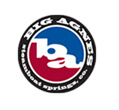
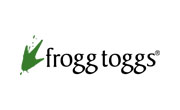

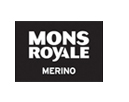
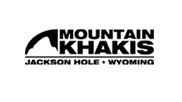
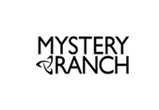

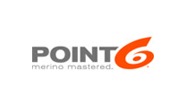
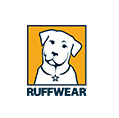

Profitable Growth in the Outdoor and Sporting Goods
Business
Business
In the competitive outdoor and sporting goods industry, the keys to business success are
constant innovation and accurate insight into customer behaviors and market trends.
With a cloud system that unifies core processes, personnel can focus on just that:
delivering superior products, value and customer experiences.
Download nowconstant innovation and accurate insight into customer behaviors and market trends.
With a cloud system that unifies core processes, personnel can focus on just that:
delivering superior products, value and customer experiences.
“NetSuite lets us focus on our customers.”
Chris Tamucci, COO
Big Agnes / Honey Stinger
Watch the videoBig Agnes / Honey Stinger
Previous
Next
Hear more from some of NetSuite’s leading outdoor customers in the videos below.
RUN YOUR BUSINESS
ON A SINGLE, TRUE
CLOUD PLATFORM.
Rid yourself of multiple,
disparate applications and
bring your data into one
customizable system.
KNOW YOUR
OPERATIONS LIKE
NEVER BEFORE.
Gain insight from data gathered across your organization and empower your employees with the information they need.
GET A 360-DEGREE
VIEW OF YOUR
CUSTOMERS.
Record every interaction automatically in a single, searchable system – from marketing to selling to service and support.
ENGAGE YOUR
CUSTOMERS
EVERYWHERE.
Deliver true omnichannel shopping and service experiences across web, mobile, in-store and call-center.




























